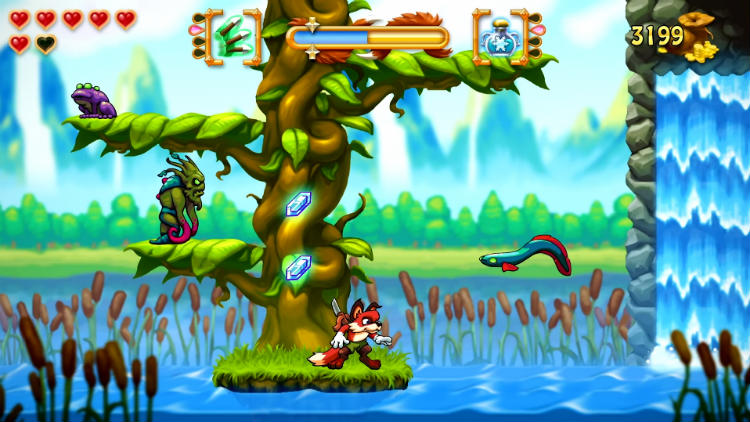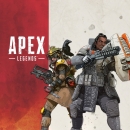Pemalite said:
Not ideal, but the market has such fierce competition from Sony, Microsoft and Nintendo that it's honestly super difficult to break into it.
It's all locked down... Which is why seeing attempts from Atari, Ouya, Intellivision and more just fail to gain traction, even if they legitimately had some novel ideas. |
I don't doubt it. But, 2 out of the 3 companies you mentioned came out with finished products. And one of them, Atari, I think accomplished all they set out to do. I don't think Atari ever expected to set the world on fire with their device or be a "market disruptor", especially after they started pushing the VCS as a "streaming device"/mini PC instead of a console. Meanwhile, Intellivision Entertainment has shown a special kind of incompetence at every level. Compare:
VCS
June 2017 - First announcement (as Ataribox)
May 2018 - Crowdfunding starts ($3,058,123 by 11,597 backers, average of $264/backer)
2nd Quarter 2019 - Initial Planned Release(delayed)
March 2020 - Planned Release (delayed)
May 2020 - VCS Consoles assembled and ready to ship from factory
December 14, 2020 - VCS Consoles shipped to backers
June 2021 - VCS General Release
Amico
May 2018 - Initial announcement (as relaunch of Intellivision)
April 2020 - Preorders start with additional funding on crowdfunding site Fig/Republic ($7,107,685 from 13,026 preorders, average of $546/backer)
September 2020 - Bavarian Grant Money (78,768 euros) received for funding 2 Amico games (Snafoo & Biplanes)
October 10, 2020 - Initial Planned Release Date (delayed)
April 3, 2021 - Planned Release (delayed)
September 2021 - Additional crowdfunding round on Fundable
October 10, 2021 - Planned Release (delayed)
October 11, 2021 - Boxed Amico Games (8) go on sale as RFID cards with trinkets, despite Amico console still not released.
End of 2021 - Planned Release (delayed)
February 2022 - Additional crowdfunding attempted on StartEngine (campaign closed within 3 weeks after only $58,001 raised)
April 8, 2022 - Intellivision Amico Gamestop Preorders Cancelled, and all references to Amico removed from Gamestop website
End of 2022 - Planned Release (?)
So, while raising less than half of what Intellivision Entertainment took in from Pre-Orders, Investors, and foreign grants, Atari managed to get its hardware into the hands of its backers within 3.5 years of announcement, and within 2.5 years of taking any crowdfunded money (from only 1 round of crowdfunding). Meanwhile, we are now 4 years past Intellivision Entertainment's initial announcement, and 2 years beyond where they started taking money, and not 1 console preorder has shipped. I find it hard to blame all the Amico delays on Covid-19, when the VCS was assembled and shipped during the lockdowns and supply chain disruptions of 2020, which was the exact target release date of the Amico.
If the Amico wasn't already ready to be assembled then, it was never going to be ready to be assembled even if Covid-19 and the supply chain disruption had never happened. Just look at the pack-in games. Snafoo was originally supposed to be one of the games that would come pre-installed on the system. IE didn't even get the Bavarian Grant money needed to fund the games development until September 2020. One month before the console was supposed to be shipped? It's no wonder that got removed from the Amico pack-in list. Cornhole, on the other hand, remained listed as a pack-in. But in July of 2021, IE revealed that they were completely retooling Cornhole, because the mechanic for playing on the Amico controller "wasn't fun". So, another game that was supposed to be pre-installed on the console in October 2020, but the software still wasn't even done in July of 2021.
Just to be clear, I'm not an Atari VCS backer/supporter or owner. Atari didn't handle their campaign all that well either, with frequent droughts of information updates to their backers in between delays. But the fact remains that they still got a finished product into the hands of their backers and into retailer outlets. Intellivision Entertainment, on the other hand, has managed to take in and squander several millions more while running a dumpster fire of a project with still nothing to show for it. They didn't even spell the name of their own company right on the "Quick Start Guide" they showed that is supposed to come in the console's box.
































































